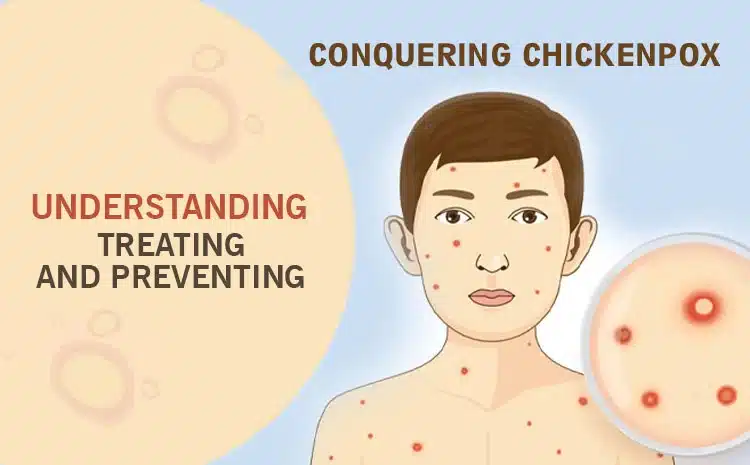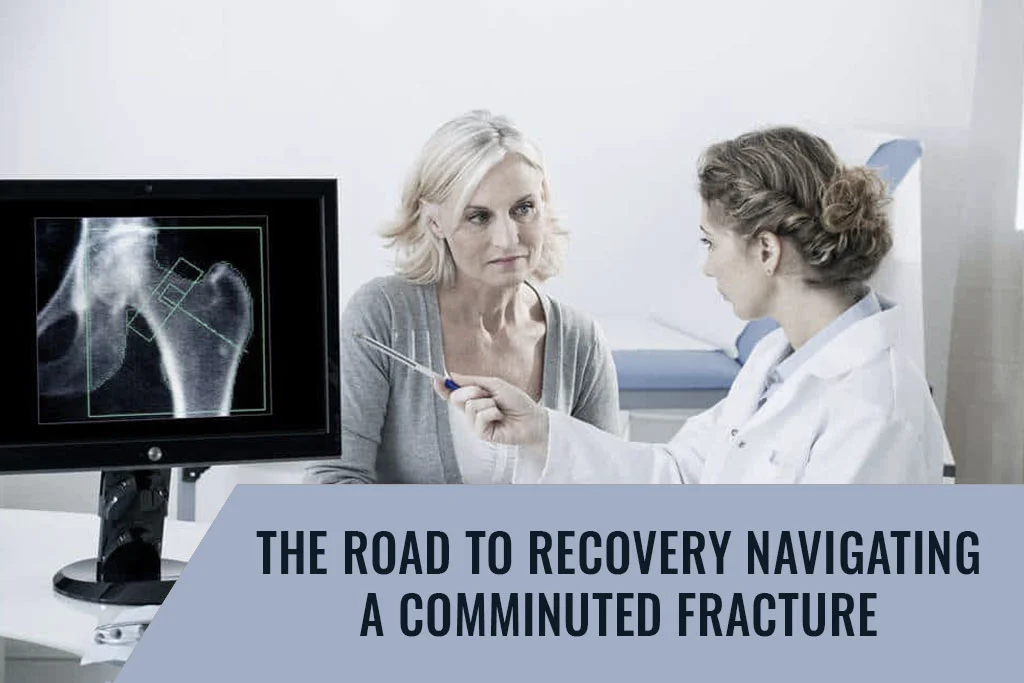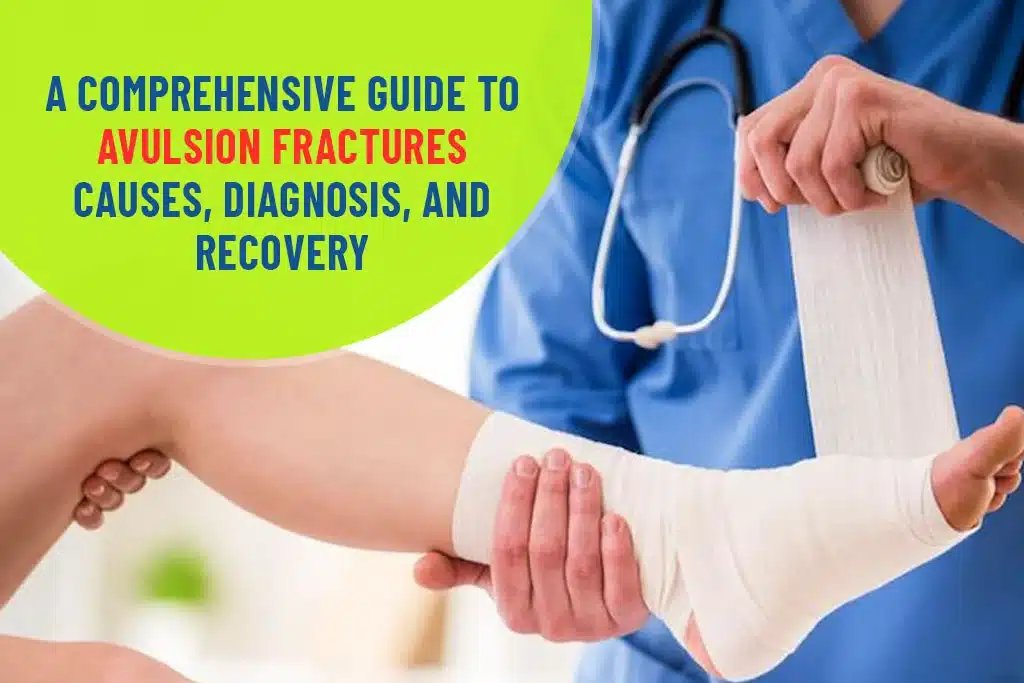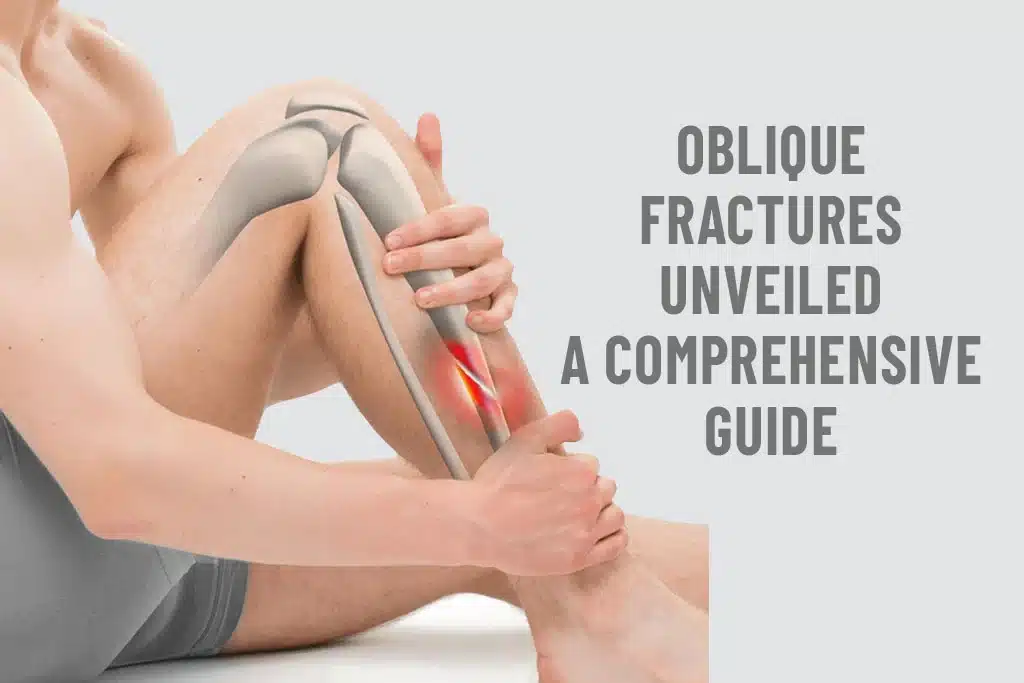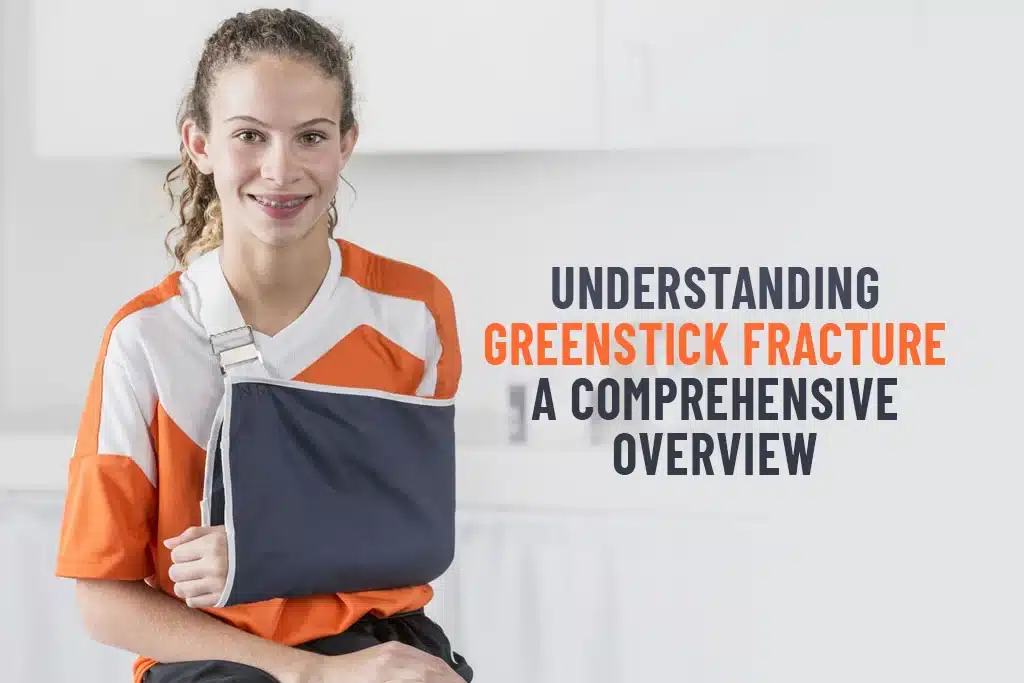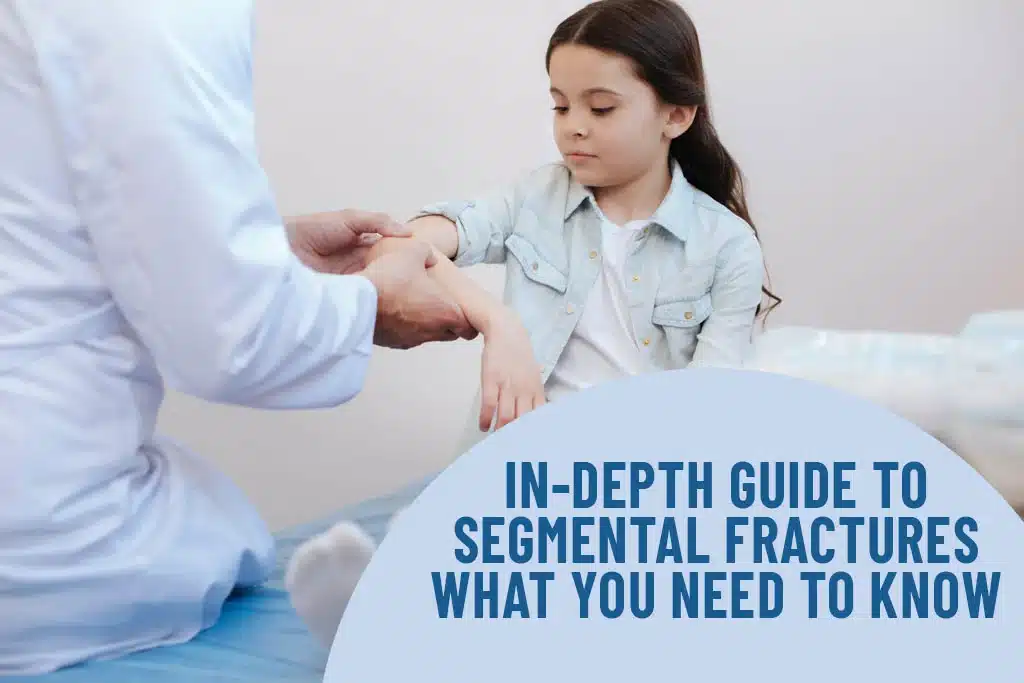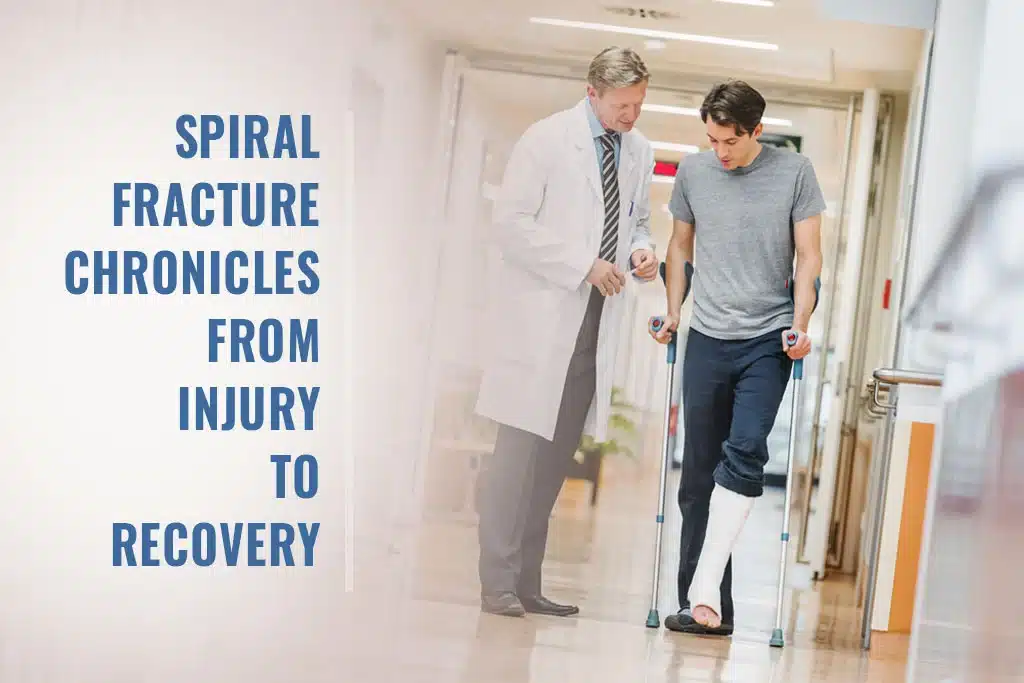Are you looking for a detailed guide to understand, treat, and prevent Chickenpox? Don’t worry, we have got you covered. It is also known as varicella-zoster, which causes a red rash that blisters and eventually scabs over. It is very contagious and spreads via bodily fluids and physical contact. A vaccine can help prevent Chickenpox.
Chickenpox is prevalent and primarily affects youngsters, but it can occur at any age. It normally clears up on its own within 1 to 2 weeks without the need to see a doctor. In this blog, we will help you know how to deal with the symptoms, effects, and complications of Chickenpox.
What is Chickenpox?
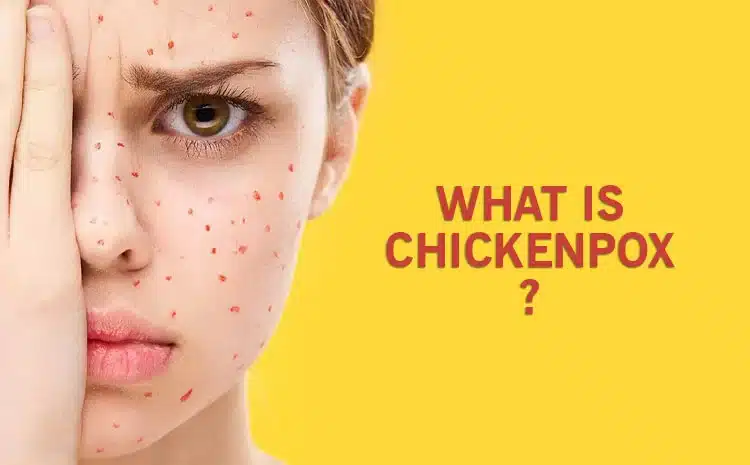
Chickenpox is an infection that results in an itchy, blister-like skin rash. The virus that causes it is varicella-zoster. It is quite contagious. However, it is considerably less common these days because of a vaccine that protects against it. It is more common among children, although it can also affect adults.
Before the introduction of the first vaccine in 1995, practically everyone contracted Chickenpox as a toddler or young child. However, since the late 1990s, it has decreased by about 90%. Today, most youngsters receive a vaccine as part of their regular immunization plan.
You will not catch Chickenpox from another person if you have had it before. It can infect anyone at any age if they have not been immunized. Adults who contract Chickenp can become very ill, so it’s best to get Chickenpox as a child or avoid contracting it by getting vaccinated.
Smallpox VS Chickenpox
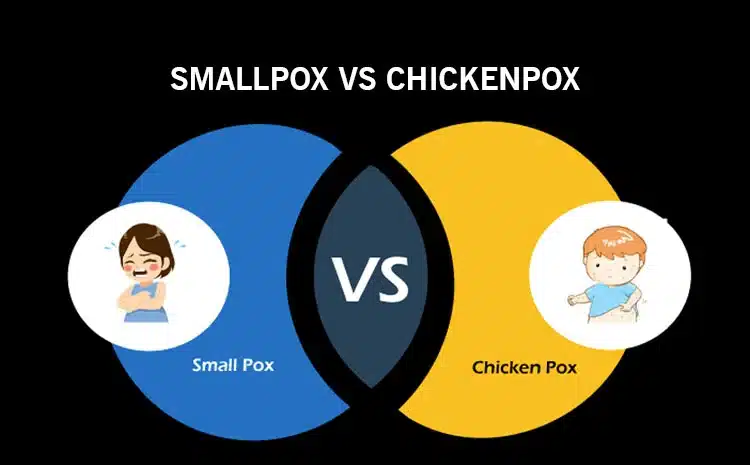
Two distinct diseases are caused by two separate viruses. Chickenpox is caused by the Varicella Zoster virus, while smallpox is caused by the Variola Virus. Smallpox patches are smaller, and the pimples contain less fluid. Chickenpox blisters resemble water bubbles, burst readily, and can cause infection if not kept clean.
Measles VS Chickenpox
Measles is a viral infection of the respiratory system that is highly contagious and spreads through contact with infected saliva or mucus. Chickenpox, on the other hand, is a type of virus that primarily affects youngsters and is distinguished by red, itchy blisters that appear throughout the body.
Chickenpox VS hand foot mouth
Chickenpox and hand, foot, and mouth disease differ mostly in the location of the blisters. Hand, foot, and mouth illness causes blisters on the hands and feet, as well as blisters or ulcers in the mouth. Chickenpox typically causes patches all over the body, including the face, scalp, arms, and legs.
What are the three stages of Chickenpox?
The three stages of Chickenpox often pertain to how the rash appears:
- Stage 1 manifests as a red and bumpy rash. This can last for several days.
- Stage 2 is a rash that is filled with fluid and blisters. After approximately a day or two, the blisters open.
- Stage 3 occurs when the blisters scab over. This stage also takes a few days.
Even though the rash progresses through three stages, you may experience multiple sorts of bumps at the same time. This means that some bumps may be forming while others are already breaking open. The full rash can last for roughly ten days.
Can you get shingles if you never had Chickenpox?
Shingles is a viral infection caused by the varicella-zoster virus. A person can only get shingles if they have had Chickenpox. A person with shingles may spread VZV, which can induce Chickenpox in someone who has never had Chickenpox or has not received the Chickenpox vaccination.
How are shingles and Chickenpox related?
Adults may reactivate the Chickenpox virus. This results in shingles-related sickness. People “catch” shingles from the Chickenpox virus they carry. People with shingles can transmit Chickenpox to those who have not had it. However, you cannot develop shingles unless you have had Chickenpox.
Why is Chickenpox rare now?
Chickenpox is less frequent than it formerly was due to the Chickenpox vaccination, which has significantly reduced the number of cases.
What are the symptoms of Chickenpox?
Chickenpox symptoms are easily visible. Healthcare providers can commonly detect Chickenpox in your child’s skin. Symptoms of Chickenpox often occur in the following order:
- Low-grade fever
- Feeling exhausted
- Headache.
- A stomach ache that makes you want to avoid eating
- A skin rash that is extremely irritating and resembles several tiny blisters
- Bumps packed with what appears to be milky water
- Scabs appear once the blisters rupture
- Skin that seems blotchy
- Crusty areas that go away
Children who have received a Chickenpox vaccine are usually prevented from contracting the disease. However, the vaccine is not 100 percent effective, and some children will get a “breakthrough” illness despite being immunized. The good news is that most “breakthrough” infections are fairly mild.
What causes Chickenpox?
A virus causes Chickenpox. Viruses spread when one person with the virus transmits it to another via bodily fluid (coughing, sneezing, etc.) or bodily contact (touching the rash).
How does Chickenpox spread?
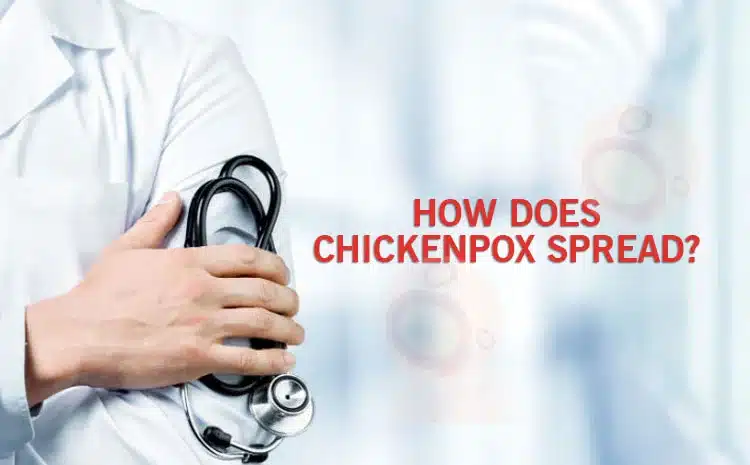
Children of any age can contract Chickenpox. After being exposed to Chickenpox, your child may appear fine for one to three weeks before becoming ill. Children can spread the virus for one to two days before symptoms appear until all blisters have crusted over or scabbed.
- Chickenpox spreads as follows:
- Coming into contact with someone who has Chickenpox
- inhaling air from an infected person who sneezes or coughs
- Coming into contact with fluids from an infected child’s eyes, nose, or mouth
Who is at risk for Chickenpox?
You are at risk of contracting Chickenpox if you have not had the vaccine and have never had it. If you work with children or in a school or daycare facility, your risk increases even more.
What complications are possible with Chickenpox?
Complications from Chickenpox are unlikely but possible. They may include:
- Bacterial infections in the skin, blood, and soft tissues
- Encephalitis or Reye syndrome
- Pneumonia
- Dehydration
- Issues with your blood clotting
- Liver issues
Even when Chickenpox was common, healthy children usually had mild episodes of it. However, Chickenpox can produce more significant symptoms in individuals over the age of 18.
Who is more likely to have complications from Chickenpox?
Healthy children who catch Chickenpox rarely have major problems. However, a severe case of Chickenpox may be more harmful to:
- Babies born to parents who did not have Chickenpox or the vaccine
- Pregnant people without Chickenpox
- Anyone over 18
- Individuals with immune system diseases
- People with cancer or HIV
- Patients getting chemotherapy
- People who underwent organ transplants
Can Chickenpox kill you?
It is quite rare that you will die from Chickenpox. Most people recover without difficulties. The majority of Chickenpox deaths are among adults. Chickenpox killed fewer than 30 people in the United States in 2022, and it caused fewer than 1,400 hospitalizations.
How is Chickenpox diagnosed?
Signs of Chickenpox are obvious. Healthcare providers can commonly detect Chickenpox in your child’s skin. Anyone who has not had Chickenpox or received the Chickenpox vaccine can get the disease. Chickenpox disease typically lasts 4 to 7 days.
The hallmark symptom of Chickenpox is a rash that develops into itchy, fluid-filled blisters that eventually form scabs. The rash may first appear on the chest, back, and face, then extends across the body, including the mouth, eyelids, and genital area. It normally takes about a week for all of the blisters to form scabs.
Other common symptoms that may present one to two days before the rash include:
- fever
- tiredness
- Loss of appetite
- headache
Children typically miss 5 to 6 days of school or childcare due to Chickenpox.
Treatment
How can I help my child with Chickenpox?
Make sure your youngster receives enough rest and drinks. Chickenpox will resolve on its own in a week or two. To make your child feel less itchy, you can:
- Apply a cool, wet towel to the rash
- Keep your child cool.
- Encourage your youngster to stop scratching. Trim their fingernails to prevent scratching.
- Apply antihistamine-containing lotion on the rash. These creams are accessible at pharmacies. If you need to know what to buy, ask your pharmacist for guidance.
- Give your child an OTC antihistamine. Over-the-counter antihistamines include diphenhydramine (Benadryl) and cetirizine (Zyrtec).
- Give your child a chilly bath or shower every day. You could also give your youngster an oatmeal bath. When drying them, avoid rubbing them with the towel. Instead, pat the child dry.
To keep your youngster hydrated, provide plenty of water and fluids. A soft, bland meal may be beneficial if they develop mouth blisters.
Do not give your child aspirin. Aspirin can be harmful to children with fevers. Acetaminophen (such as Tylenol) is an effective pain treatment for children. If you are unsure which product to use, see your child’s healthcare professional.
What if my baby gets Chickenpox?
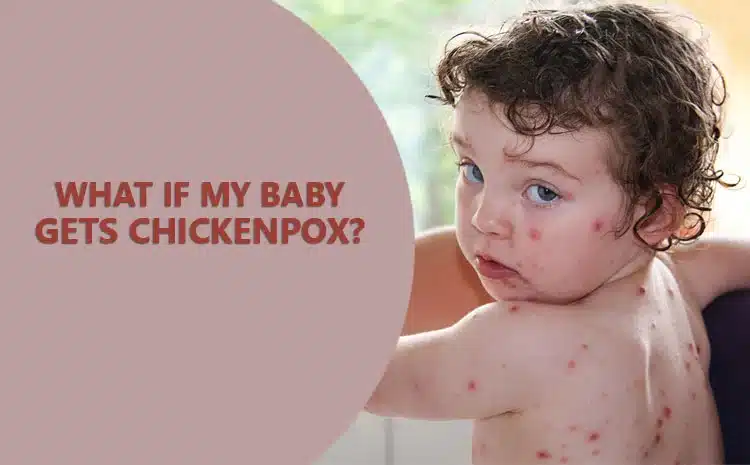
If your baby (up to 3 months old) contracts Chickenpox, notify your child’s healthcare professional immediately. Chickenpox is more hazardous to babies than to otherwise healthy persons.
What is the treatment for adults with Chickenpox?
Adults receive the same treatment as children. However, your doctor may recommend an antiviral medicine. Adults at risk of severe symptoms or specific medical conditions may benefit from antiviral medications.
Prevention
Can my child get a shot to prevent Chickenpox?
Yes, there is a vaccination for Chickenpox. Your child’s pediatrician will administer it in two doses.
When your child is under the age of 13, they should receive a single dose between the ages of 12 and 15 months. The second dose occurs between the ages of four and six. The Chickenpox vaccine is most commonly given to children as part of a combination vaccine that also protects against measles, mumps, and rubella (MMRV). It can also be used as a solo vaccination.
Adults who have not had Chickenpox should also receive the vaccine. If you are 13 or older and have never had the vaccine, you should receive two doses at least 28 days apart. Vaccination is more than 90% effective in preventing Chickenpox. Since 1995, the vaccination has saved at least 91 million Chickenpox cases.
Who shouldn’t get the Chickenpox vaccine?
Some should not receive the Chickenpox vaccine. You should not receive the Chickenpox vaccine if:
- Can adults get Chickenpox if they had it as a child?
- Are allergic to the vaccine or any part of it?
- Do you believe you might be pregnant?
- Have issues with your immune system
- Have tuberculosis
- Are not feeling great. (Get the immunization once you’re feeling better.)
- Have you recently received a blood transfusion or other live-attenuated vaccines?
When can my child go back to school after Chickenpox?
Your youngster can return to school approximately seven to ten days after the rash begins. You don’t have to wait for the scabs to fall off completely, but you should wait until all of the blisters have scabbed over. You are contagious while the blisters contain fluid.
When should you call your healthcare provider if your child has Chickenpox?
Contact your doctor if your child exhibits any of the following symptoms:
- Severe headache or fever that persists
- They have sore eyes
- Sores that become larger or contain yellow pus
- Difficulty breathing or breathing quickly
- Stiff neck, muscular, or joint stiffness
- Has difficulties waking up
When should adults with Chickenpox seek medical care?
Chickenpox can be more severe in adults. If you suspect you have Chickenpox, see a doctor straight once, especially if you or someone in your household is pregnant or if you live with someone who has a weakened immune system.
Can adults catch Chickenpox?
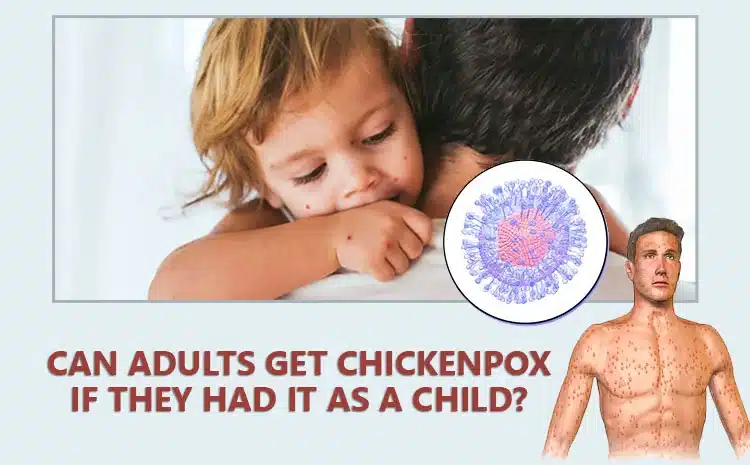
Yes, adults can get Chickenpox. Complications are more likely in adults, emphasizing the significance of vaccination and prompt medical intervention.
Conclusion
In conclusion, Chickenpox is one of the most dangerous diseases though it is rare today it should be addressed as soon as its symptoms are revealed. Before there was a vaccine for Chickenpox in 1995, the infection caused thousands of hospitalizations and deaths every year. The Chickenpox vaccination is more than 90% effective in preventing the once-common pediatric infection. Even as an adult, you can contract Chickenpox if you do not receive the vaccine. Consult your doctor about being vaccinated if you have never had Chickenpox. While the majority of cases are not serious, taking a vaccine can minimize your risk of contracting the virus. Most children get the Chickenpox vaccine as part of their childhood vaccines. ER of Watauga provides unmatched healthcare services in Fort Worth and nearby areas. Contact us today to book an appointment.
FAQs
How can you treat Chickenpox at home?
Cool baths, calamine lotion, and over-the-counter pain medications can all help ease discomfort. Ensure adequate rest and hydration to aid in the body’s recovery.
Is there a vaccination for Chickenpox?
Yes, the Chickenpox vaccination is very successful at avoiding the condition. It’s an essential tool for minimizing the severity and spread of Chickenpox.
How can Chickenpox be prevented?
Vaccination is still the most effective preventative technique. Good cleanliness, staying away from sick people, and living a healthy lifestyle all help with prevention.
